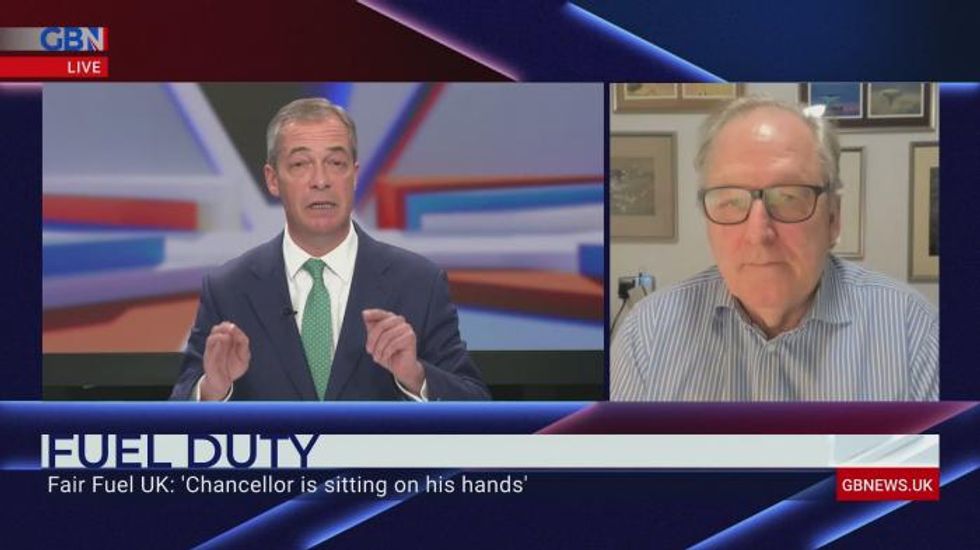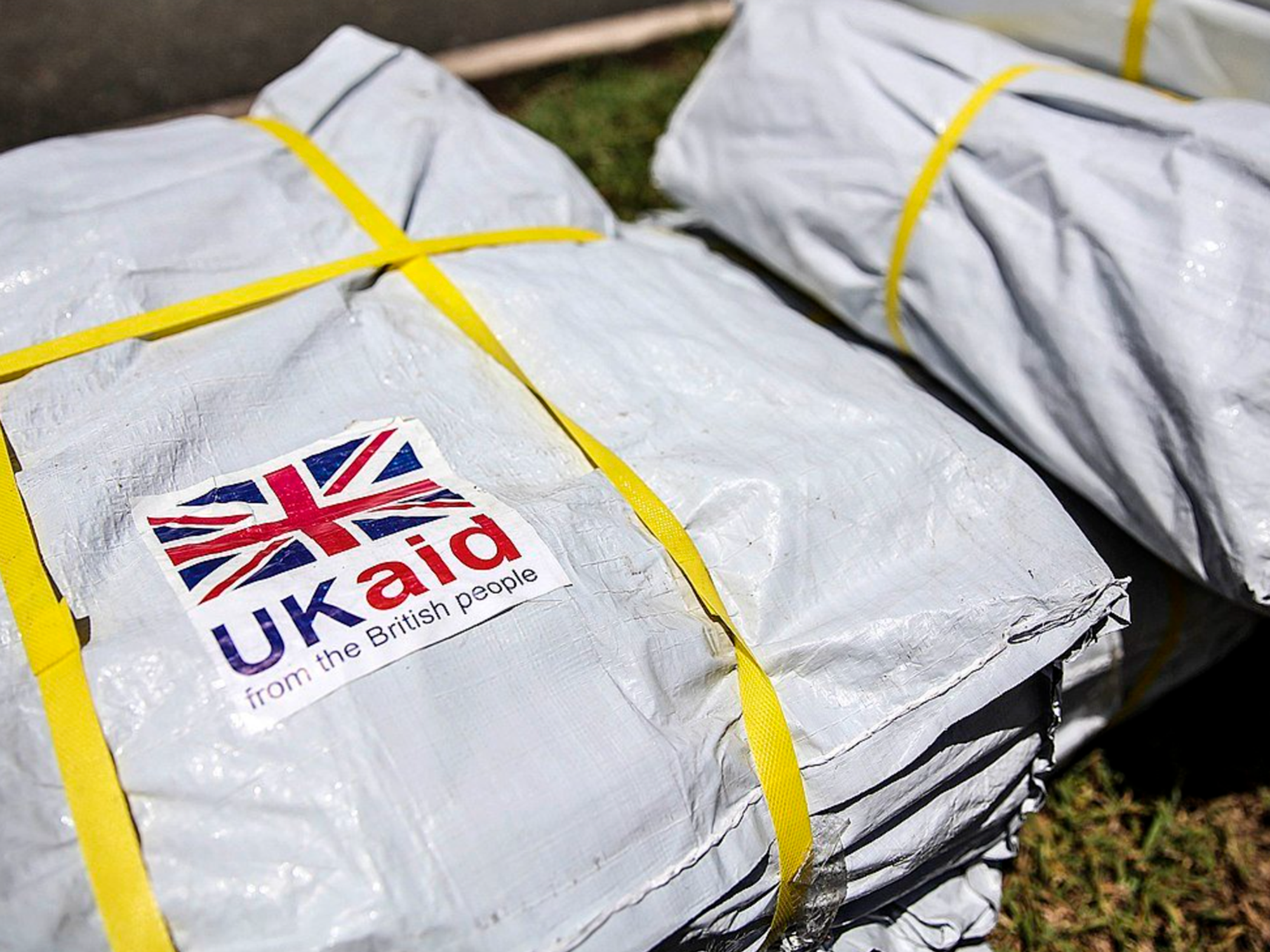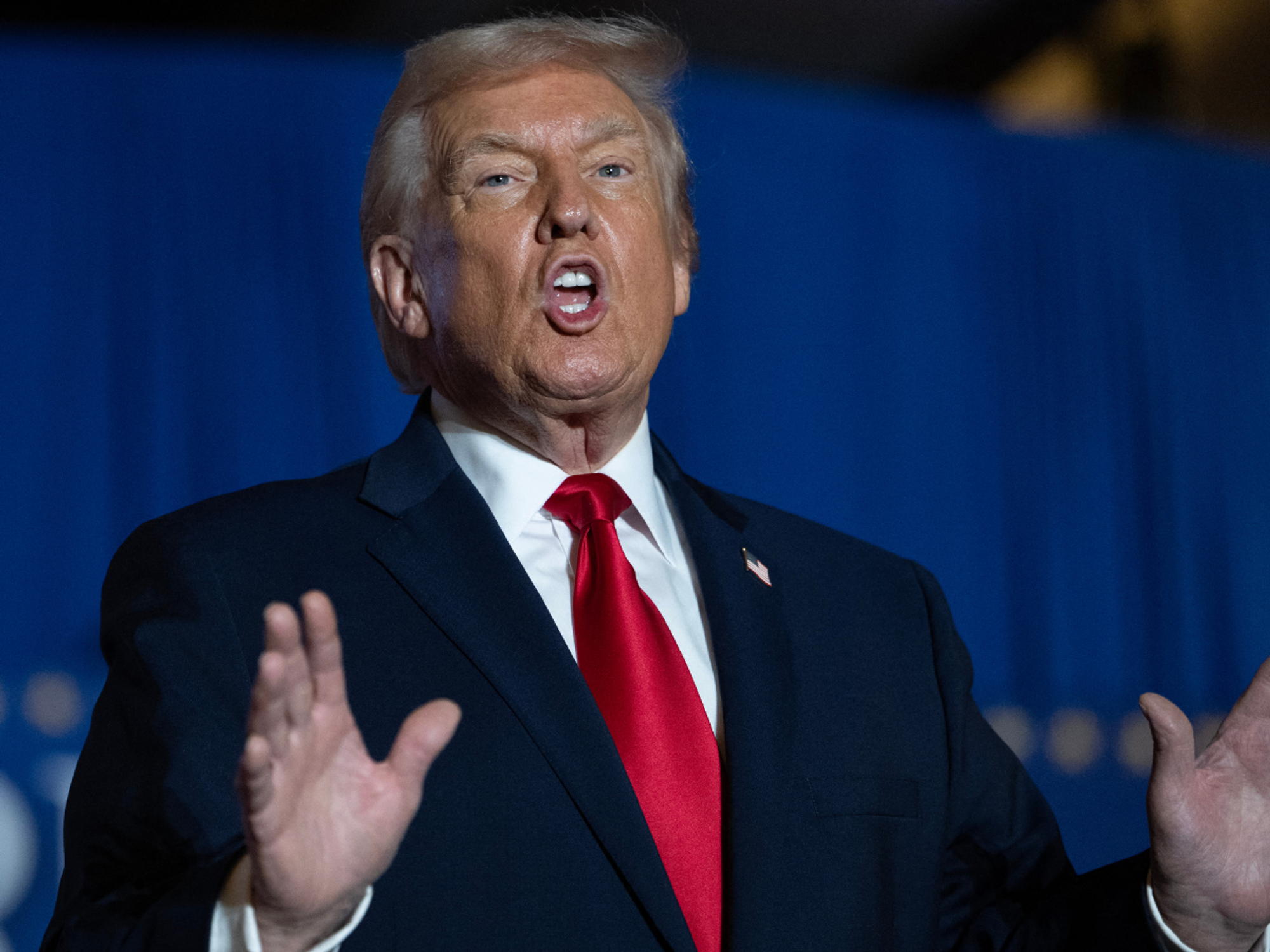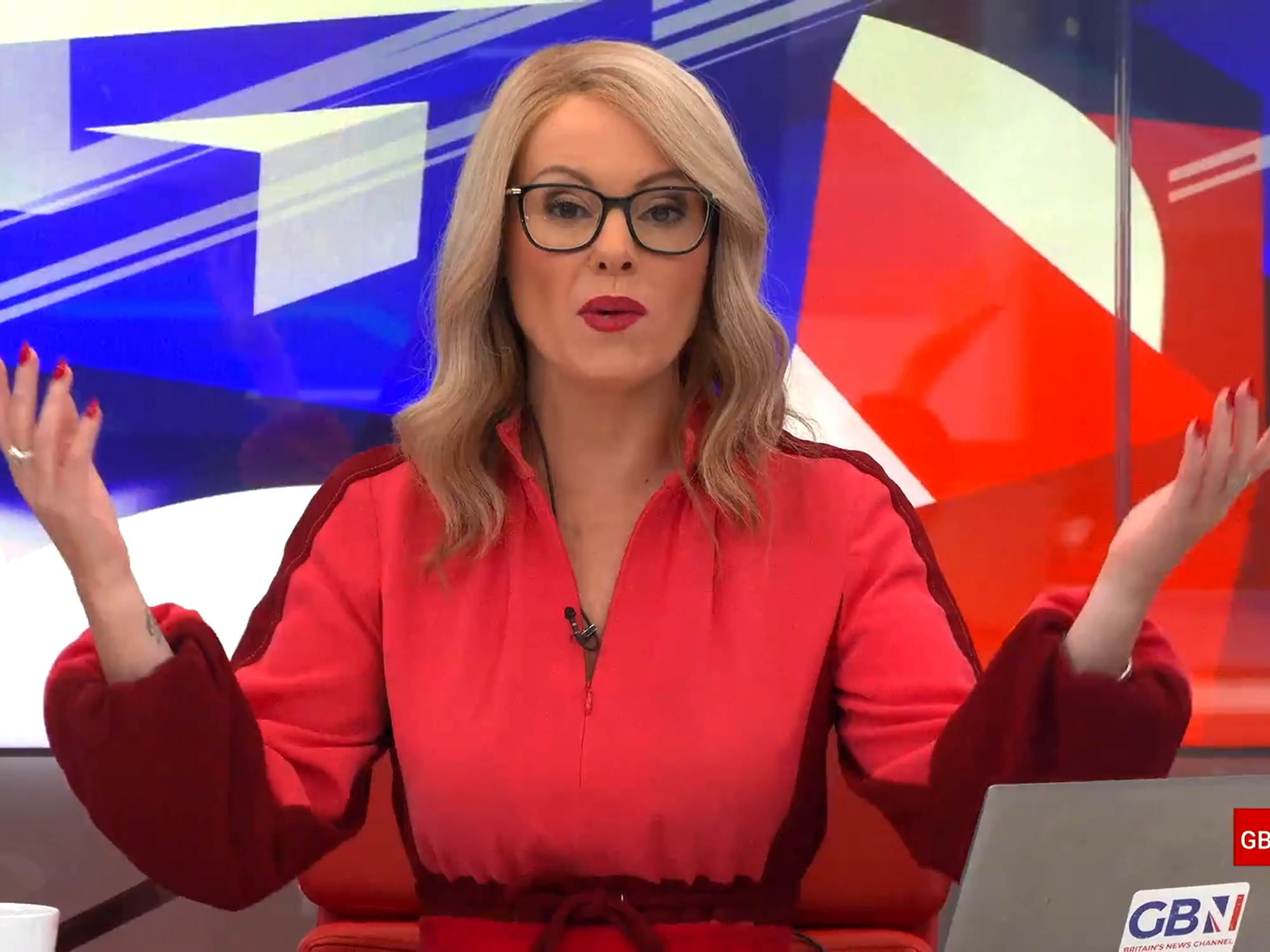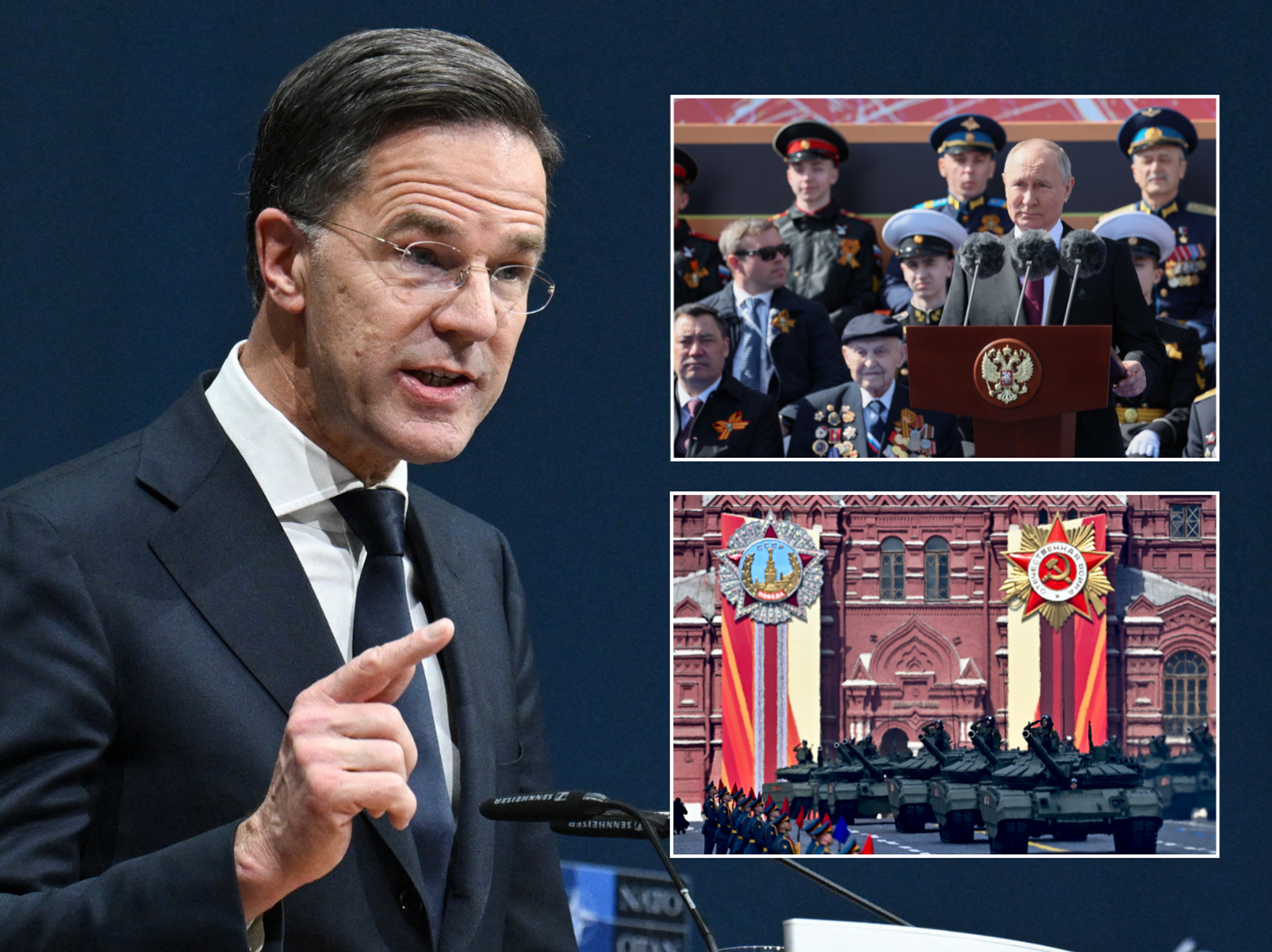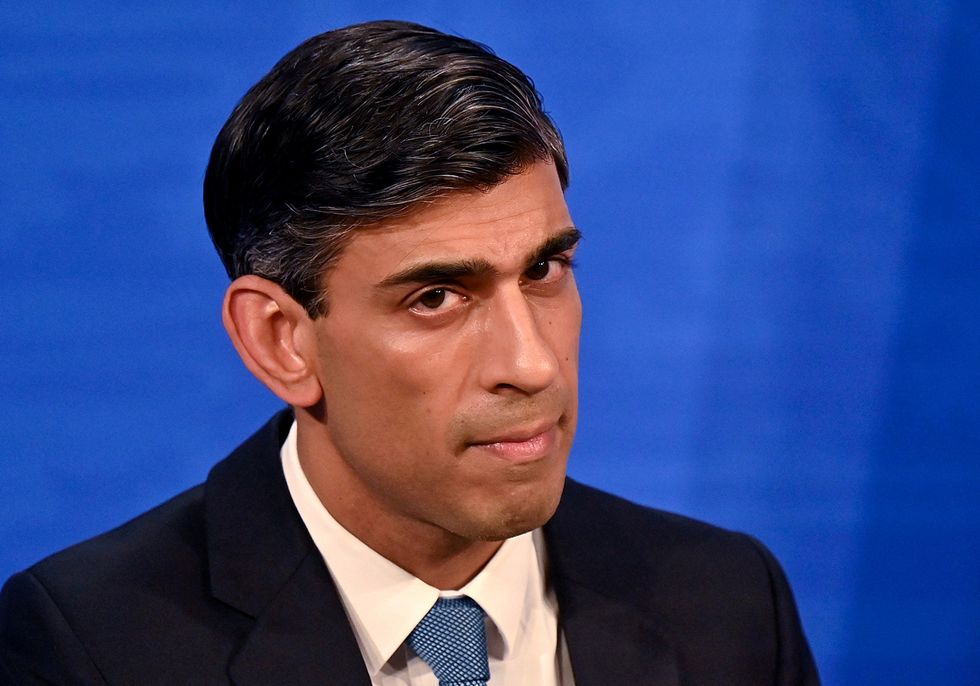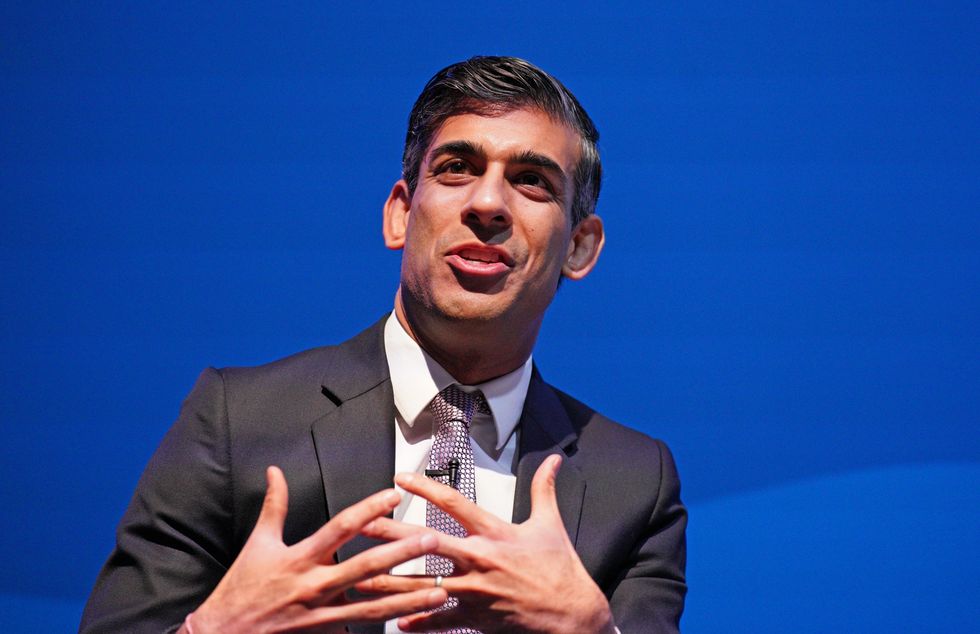Rishi Sunak's 5p-per-litre fuel duty tax cut will fail to reverse even half of price increase
The director of the RAC Foundation has slammed the Chancellor's proposed cut, believing it should be much more
Don't Miss
Most Read
Latest
A 5p-per-litre cut in fuel duty would fail to reverse even half of the increase in prices inflicted on motorists over the past fortnight, according to new figures.
Statistics published by the Department for Business, Energy and Industrial Strategy (BEIS) show the average price of a litre of petrol increased by 12.4p from 153.0p on March 7 to a record 165.4p on Monday.
Rises in the price of diesel have been even sharper.
The average price of a litre of the fuel jumped 18.9p from 158.6p on March 7 to 177.5p on Monday.
FILE PHOTO: Britain's Chancellor of the Exchequer Rishi Sunak hosts a news conference in the Downing Street Briefing Room in London, Britain February 3, 2022. Justin Tallis/Pool via REUTERS/File Photo
POOL
Fuel duty is currently levied at 57.95p per litre.
Chancellor Rishi Sunak is reportedly gearing up to announce a temporary cut in fuel duty of up to 5p per litre in Wednesday’s spring statement.
Chancellor Rishi Sunak speaking during the Conservative Party Spring Forum at Winter Gardens, Blackpool. Picture date: Friday March 18, 2022.
Peter Byrne
Steve Gooding, director of the RAC Foundation, said: “These official figures show why a fuel duty cut is needed and why it should be more than the 5p per litre that has been reported.
“The Chancellor will have been benefiting from a rise in VAT income given the pump price increases, so he could afford to give something back to road users.
“Nor should he fear that a temporary cut in duty will lead to an increase in driving.
“With the current squeeze on household budgets, there won’t be many people rushing to do extra mileage even if there is some limited relief on the forecourts.”
Separate figures from data firm Experian Catalist – which uses a different methodology – show the average cost of a litre of petrol and diesel on Monday was 166.6p and 178.7p respectively.
That is a decrease of a fraction of 1p since Sunday.
Fuel duty is currently levied at 57.95p per litre for petrol and diesel, with VAT at 20% charged on top of the total price.
Oil prices surged immediately after Russia’s invasion of Ukraine but declined earlier this month, leading to a cut in wholesale costs for fuel retailers.
Mike Owens, UK Sales Trader at Saxo Markets, said: "The news that the Government is likely to cut fuel duty tax by 5p-a-litre in Thursday's Spring Statement is a positive step to help consumers combat rising petrol prices, though acts as more of a good will gesture than any form of solution to the problem.
"The new move would see drivers save on average £2-a-tank, which in the long term is not a sustainable move to help those filling up nor the treasury with oil prices reaching new highs week-on-week.
"Only yesterday, Crude oil rose 5%, jumping more than $3 back to $111 a barrel – with EU leaders discussing a Russian oil embargo with shortages a major concern.
"The war in Ukraine keeps global supplies very tight with traders, mostly through self-sanctioning, avoiding Russian crude, currently being offered close to 30-dollar below Brent with a limited number of buyers.
"Only when we see diesel and gasoline supplies increase or demand fall can we really expect to see prices fall from these elevated levels."


